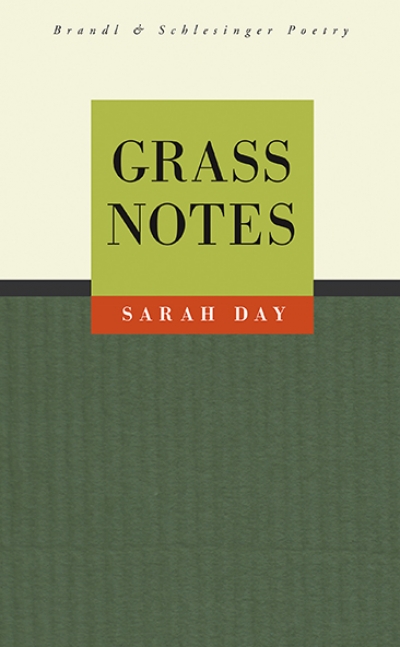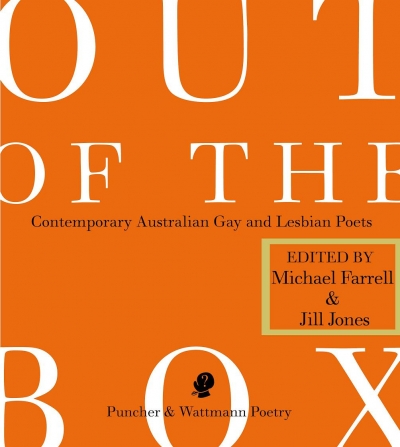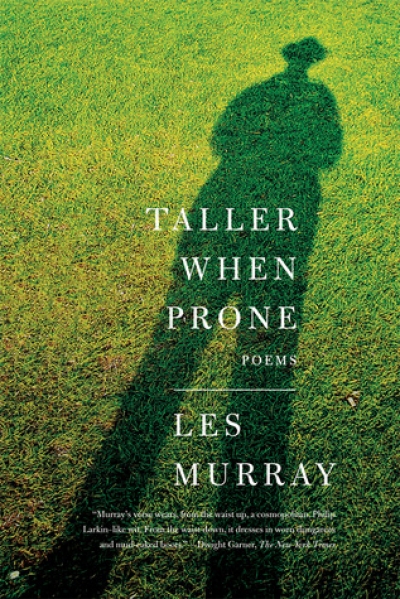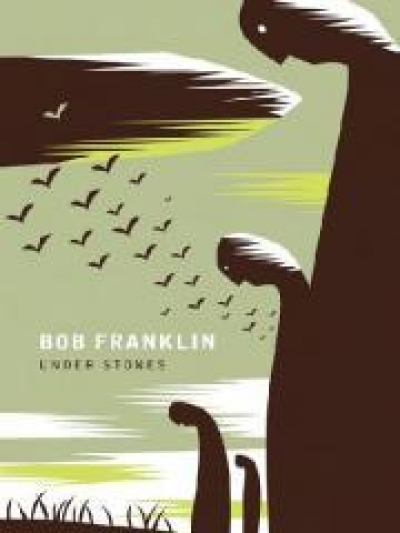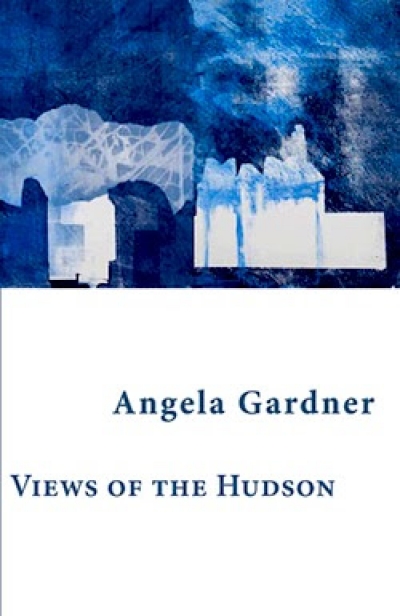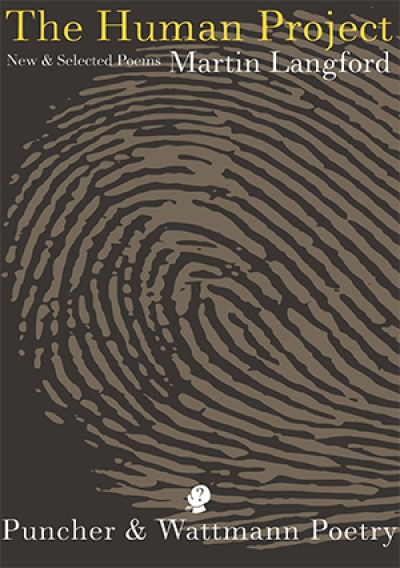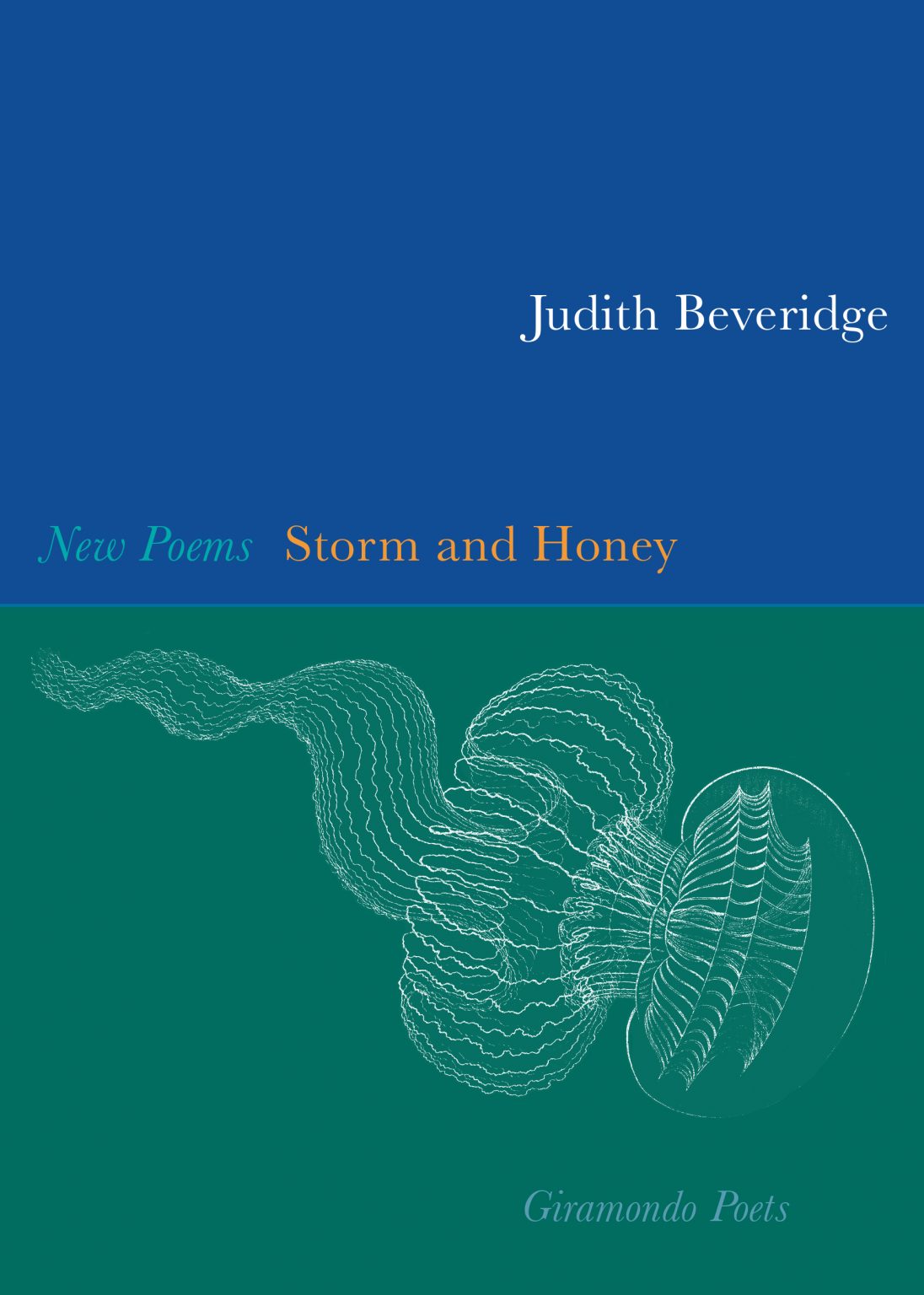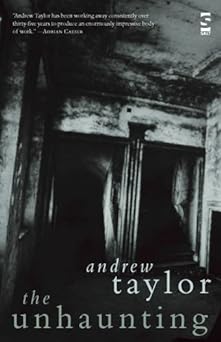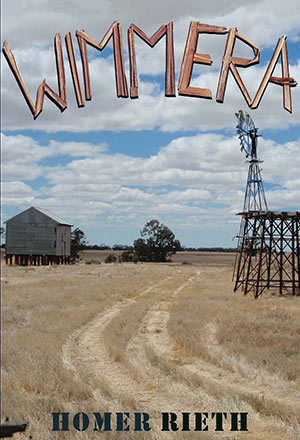Poetry
The subtle beauty of the title of Sarah Day’s new collection of poetry, Grass Notes, epitomises the lightness of touch and intensity that characterises the poems. This is a collection of observing what might otherwise be seen as slight or glancing, yet that offers powerful prisms of insight. In a Whitmanesque mode, Day’s perspective not only looks up from the grass into the vastness of the world, but also looks at the grass itself, the unexceptional yet foundational ground of all perception and experience. Perhaps as the poet scribbles ‘notes’ in that grass, there is also an echo of Wordsworth and post-romantics such as Judith Wright or Mary Oliver. The title also chimes homophonically with the idea of the musical ‘grace note’, that small, quick, note that runs into the next and, in its delicacy, makes that central sound, or image, both more appealing and more complex. In Day’s work, it is the delicacy of such lateral images, often derived from close consideration of the natural world, that complicates and enriches the ideas at work within the poems.
... (read more)Out Of The Box: Contemporary Australian gay and lesbian poets edited by Michael Farrell and Jill Jones
Does the title of this anthology, heralded by its editors as the first collection of Australian gay/lesbian/queer poetry, refer to the myth of Pandora’s pithos? Hesiod’s version of the story, which sees Pandora as the unleasher of all manner of evils on the (‘rational’/patriarchal) world, has been interrogated by feminist scholars who see Pandora in an older incarnation of ‘gift-giver’, bestower of plenitude, crosser of boundaries. Or does ‘Out of the Box’ have a more colloquial sense – ‘exceptional’, ‘surprising’? Whatever the reasoning behind the title, Michael Farrell and Jill Jones have made choices which should provoke debate (among other things) about gay and lesbian identity and community, and about the relationship between poet and reader.
... (read more)It is a critical truism, if not a cliché, that poetry estranges: it makes things strange, so that we can see the world and ourselves afresh. Defamiliarisation, the uncanny, even metaphor, are all fundamental to poetry’s estranging power. Unsurprisingly, madness, vision and love have also long been poetry’s intimates, each involving the radical reformation – or deformation – of ‘normal’ ways of seeing the world. One might describe poetry as surprisingly antisocial, since poets have from ancient times been associated with social isolation, distance or elevation, as well as with madness.
... (read more)I was in the house of a friend’s parents recently and noticed, stuck to the fridge door, a poem clipped from a newspaper, among the sundry magnets and notices. Companion to book reviews, its subtleties had taken their fancy as being more than ephemera. Good, I thought, these are poetry readers – an engineer and an art teacher – who can confidently duck and weave among poems that come their way and say, yes, this one’s a pleasure. But do they buy and read collections of poetry? Well, they would more often if …
... (read more)Under Stones, a collection of short stories and one poem by first-time author Bob Franklin, reads like a study in subterfuge: a teenage outcast wreaks cyber vengeance on her local Tidy Town group; a man’s online porn addiction is turned against him by a mysterious workmate; a seasoned duck hunter finds that the target has shifted without his knowledge. Yet scratch the surface and you will find that the deception runs deeper than that; the darkly humorous scenarios hint at society’s moral decay. In ‘Soldier On’, a man’s homecoming visit to England to see his retired parents turns from farcical to forlorn, as his infuriation over their addiction to soap operas gives way to a disquieting realisation about the widespread misery of the elderly.
... (read more)Views of the Hudson: A New York Book of Psalms by Angela Gardner
The first poem in Angela Gardner’s 2007 début collection, Parts of Speech, impressed me with its emotional power. I found the subsequent poems less driven but, at the same time, animated by an unusual poetic style. Gardner is a visual artist as well as a poet, and these practices seem interrelated. Her new book, Views of the Hudson, affirms my first impression of her style: her poetry is a montage of image, emotion, thought and speech.
... (read more)If despair and desolation can be said to have had a high point in poetry in English during the modern era, it is in T.S. Eliot’s poetry, particularly ‘The Hollow Men’. While reading Martin Langford’s remarkable The Human Project: New & Selected Poems, I was reminded of other poets whose reputations depend upon the discomforting poems they have written. The until recently neglected American poet Weldon Kees, who may or may not have jumped off the Golden Gate Bridge in 1955, wrote about the underside of the American dream, its sterility, in a tone of unwavering bitterness, but his noirish imagination and technical brilliance make the poems compelling. Something similar could be said of the English poet Peter Reading, whose expression of undiminished anger is a result of his disgust with humanity, and its condition terminal, though his pervasive self-righteousness can be wearing.
... (read more)Judith Beveridge is one of the most brilliant image-makers in Australian poetry. She writes of rain ‘bubble-wrapping the windows’ and yachts making a sound ‘as if cutlery were being replenished on table tops’. Her images, exuberant and fantastical, hold a balance between the real and the imagined world – as Gwen Harwood’s poem, ‘Thought Is Surrounded by a Halo’, closes: ‘Picture two lovers side by side / who sleep and dream and wake to hold / the real and the imagined world, / body by body, word by word …’
... (read more)Andrew Taylor’s latest book reprises themes common to many of his earlier poetry collections – movement between the antipodes and Europe; the natural landscape; affinities with music – but also, as the title suggests, themes of haunting and unhaunting, visitation and absence. Taylor was ill with cancer in 2003, and his confrontation with death has strongly informed The Unhaunting. The book is divided into five sections, and while the trajectory is far from linear, a sense of moving from darkness to light, from threat to release, unfolds.
... (read more)That Homer Rieth is one of the finest lyric poets writing in Australia was apparent with the publication in 2001 of his collection The Dining Car Scene. Now, with Wimmera, his lyric strengths are displayed in epic form. Presented in twelve books and 374 pages, initially titled ‘A Locale of the Cosmos’, grand in conception and impressively detailed in execution, this is a significant achievement indeed, and a major contribution to Australian literature.
... (read more)

